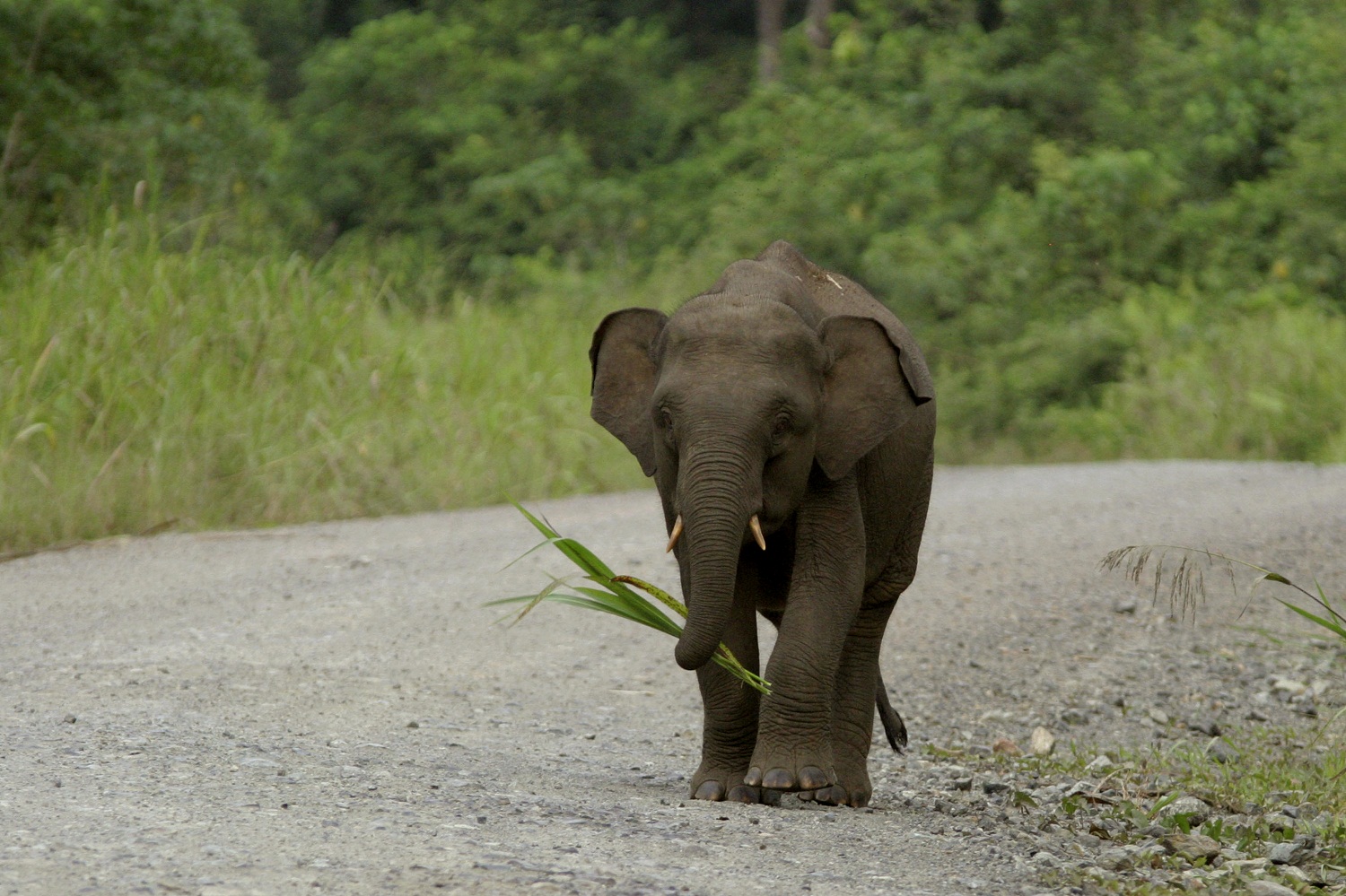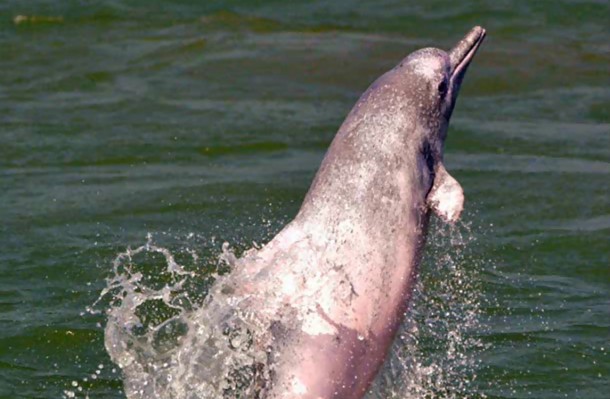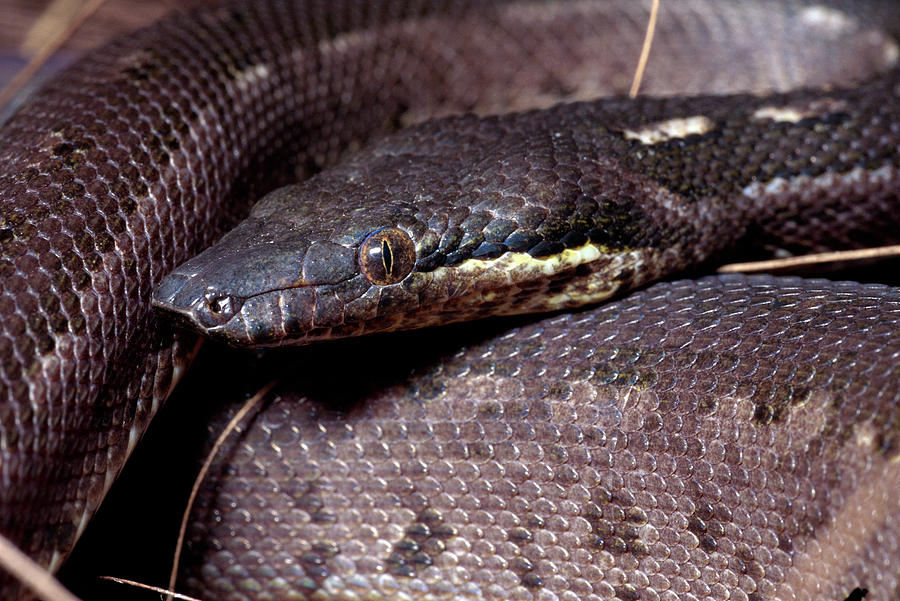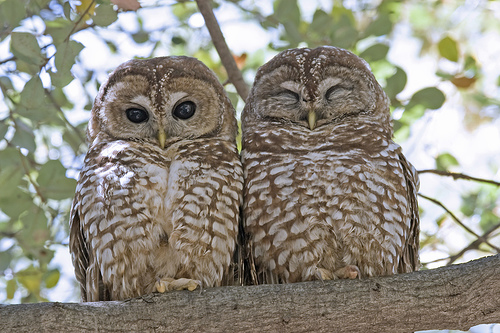Illegal trade in ivory, which has resulted in the death of over 650 South African rhinos, is officially at its highest levels in nearly two decades, CITES have reported.
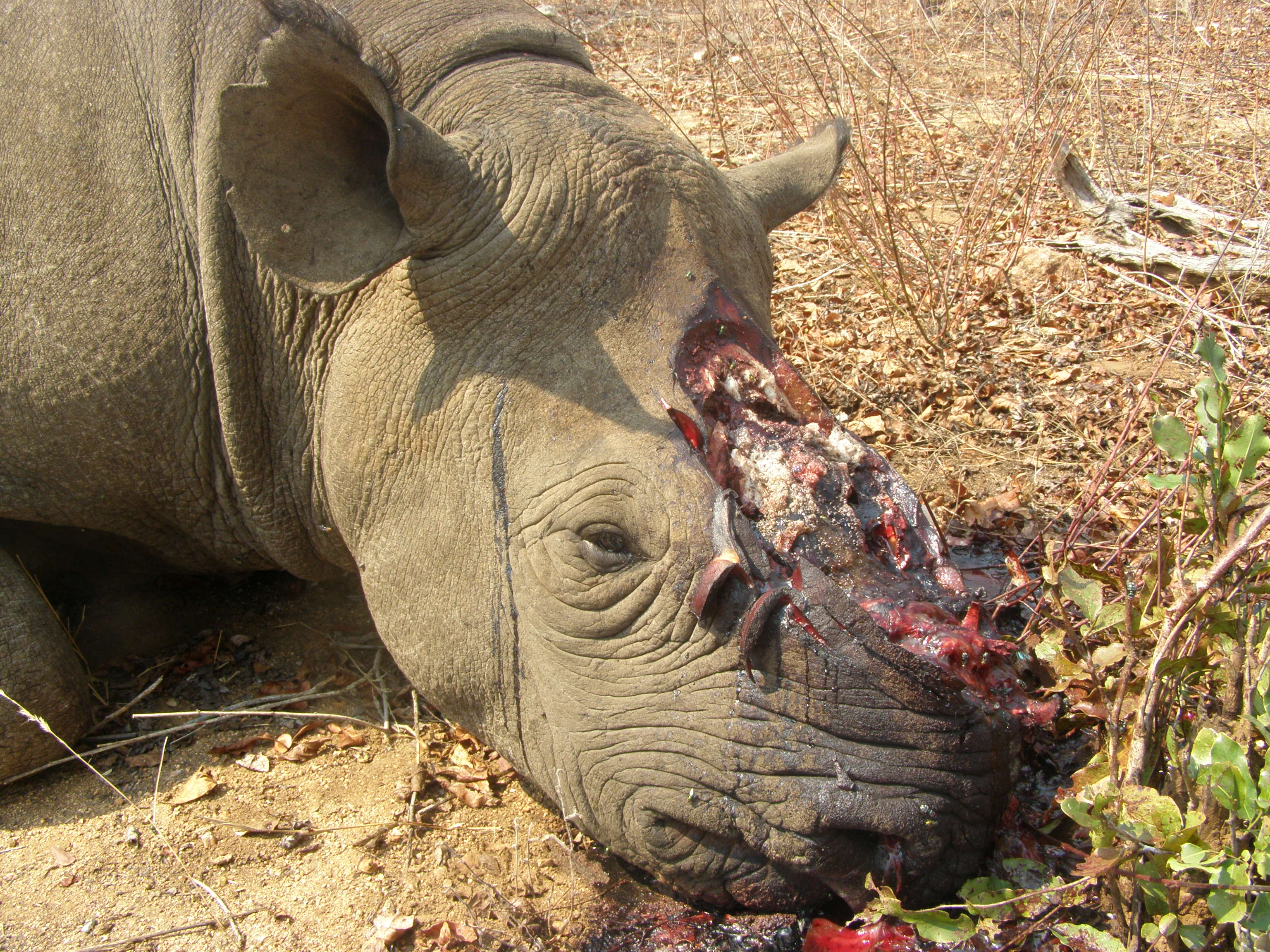
2011 witnessed a ‘major surge’, according to a report released by the Convention on International Trade in Endangered Species of Wild Fauna and Flora (CITES).
Massive quantities of African ivory are being laundered through shops in Thailand and fuelling the elephant and rhino poaching crises, conservation group WWF says.
Although it is against the law to sell ivory from African elephants in Thailand, ivory from domestic Thai elephants can be sold legally. Criminal networks are exploiting this legal loophole and flooding Thai shops with blood ivory from Africa.
“Existing laws are not effective at keeping illegal African ivory out of the Thai market. The only way to prevent Thailand from contributing to elephant poaching is to ban all ivory sales,” said Janpai Ongsiriwittaya, campaign leader in WWF-Thailand.
Poaching is at record levels in Africa with tens of thousands of elephants being slaughtered each year for their ivory tusks. Trade data released last month shows that international ivory trafficking has reached its highest ever recorded rate. Thailand is the biggest unregulated ivory market in the world and a top driver of poaching and illegal trade.
Rhino poaching statistics released last week by the South African government also reveal that a record 668 rhinos were killed across the country in 2012, an increase of nearly 50 per cent from the 448 rhinos lost to poachers in 2011. An additional five rhinos have been killed since the beginning of this year.
A majority of the rhino deaths, 425, occurred in Kruger National Park, South Africa’s premier safari destination. Poaching incidents in Kruger rose sharply from 252 in 2011.
Arrests of suspected poachers and smugglers also increased in 2012, with 267 people now facing rhino-related charges. In November, a Thai man was sentenced to a record 40 years in prison for conspiring to smuggle rhino horns to Asia.
A recent TRAFFIC report found that rhino horns are believed to have medicinal properties and are seen as highly desirable status symbols in some Asian countries, notably Viet Nam. The increased value of rhino horn has enticed well-organized, well-financed and highly-mobile criminal groups to become involved in rhino poaching.
“Viet Nam must curtail the nation’s rhino horn habit, which is fuelling a poaching crisis in South Africa,” said Sabri Zain, TRAFFIC’s Director of Advocacy.
Both Mozambique and Viet Nam have been given failing grades by WWF’s Wildlife Crime Scorecard for failing to enforce laws meant to protect rhinos. The study also outlines important actions needed by South Africa, such as ensuring those arrested for rhino crimes are prosecuted and punished.


